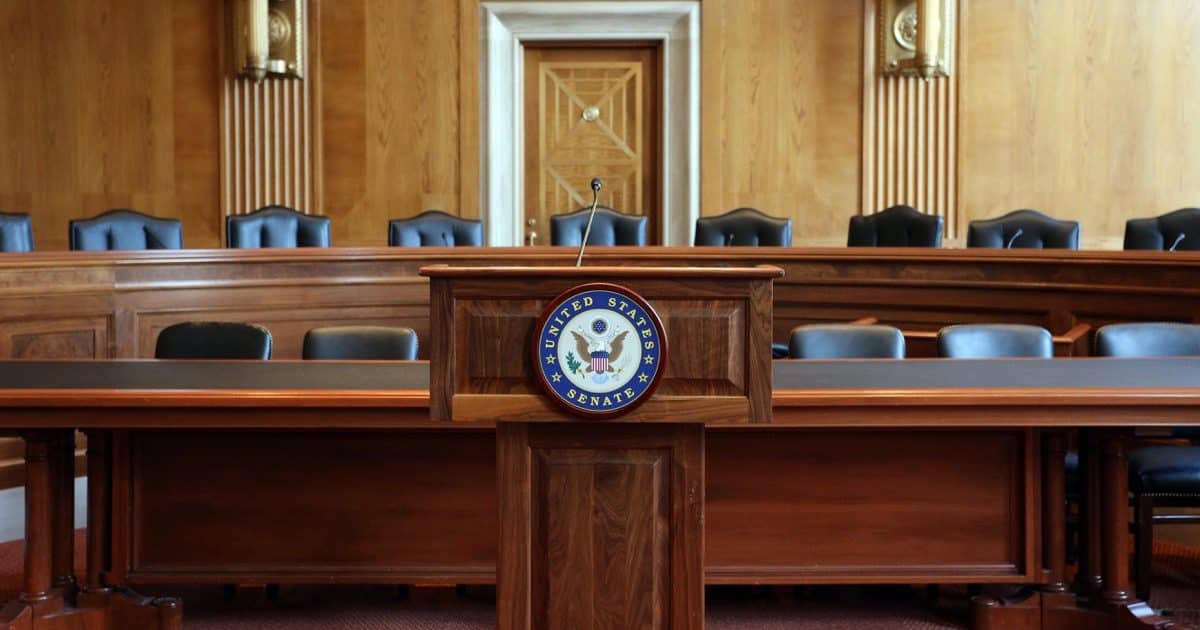Today the Senate Judiciary Committee passed the EARN IT act, a bill that weakens Section 230 protections for social media companies in an attempt to fight online child abuse.
EARN IT Act
Since its introduction by Senators Lindsey Graham (R-SC) and Richard Blumenthal (D-CT), it has undergone changes that make it weaker than the original. The original form of the bill would have removed protections for social media companies under Section 230 of the Communications Decency Act. They would lose protections if they didn’t meet third-party standards to detect and remove child abuse imagery.

But the ACLU says it could go further:
By requiring platforms to broadly monitor and censor speech to which children might be exposed online, the EARN IT Act’s commission may recommend best practices that disproportionately censor, among other things: sex education materials, online support systems and communities for youth who are transgender or non-binary […]
This third party would be a federal commission led by Attorney General William Barr to create a set of “best practices” for companies to follow if they want to be protected by Section 230. The commission would have the power to set various kinds of rules, like making companies create encryption backdoors and implement age verification systems, as long as the commission could argue said rules would fight online child abuse.
Critics called it an anti-encrypted bill that would weaken privacy for internet users. The original bill could give law enforcement access to private communications. An amendment [PDF] was filed to address concerns but it still gives states the ability to sue social media companies.
The bill now faces a vote on the Senate floor.
Ah yes the old, “people won’t go for what we want to do so let’s add the words child abuse to the reasoning to fool the rubes” ploy.